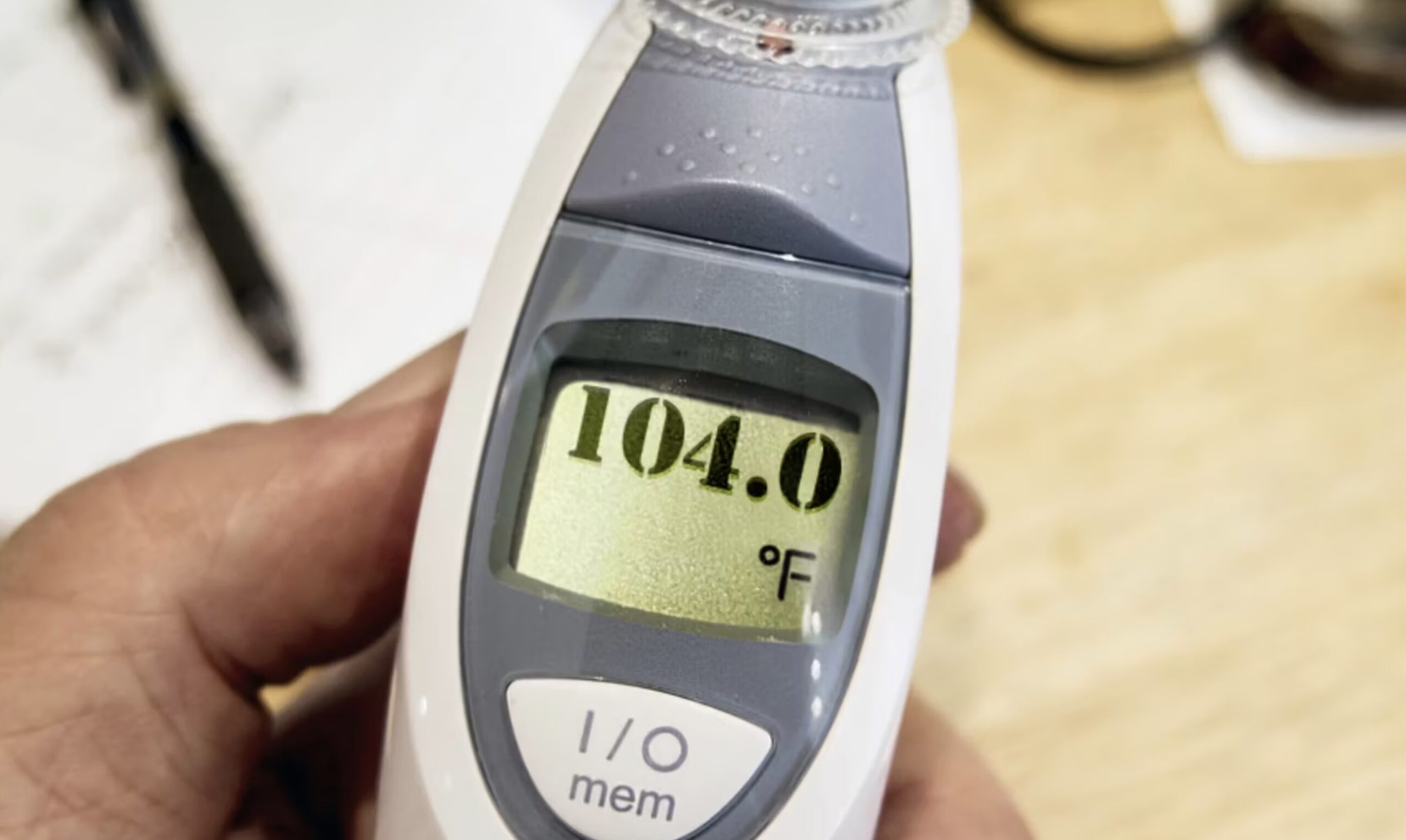Dengue Fever: Symptoms, Causes, Treatment
What are the symptoms of dengue fever?
Dengue fever is a mosquito-borne viral infection that is common in tropical and subtropical regions. The symptoms of dengue fever can vary depending on the severity of the infection, but they typically include:
- High fever: A sudden high fever, often reaching 104°F (40°C), is one of the hallmark symptoms of dengue fever.
- Severe headache: Dengue fever is often accompanied by a severe headache, usually located behind the eyes.
- Pain behind the eyes: This symptom is known as retro-orbital pain and is a common feature of dengue fever.
- Joint and muscle pain: Dengue fever can cause severe joint and muscle pain, often referred to as “breakbone fever” due to the intense pain it causes.
- Nausea and vomiting: Many people with dengue fever experience nausea, vomiting, or both.
- Rash: A rash may develop on the skin, typically starting on the arms and legs and spreading to the rest of the body.
- Mild bleeding: Some people with dengue fever may experience mild bleeding from the nose or gums, or easy bruising.
- Fatigue: Fatigue and weakness are common symptoms of dengue fever, especially during the recovery phase.
In severe cases of dengue fever, a potentially life-threatening complication known as dengue hemorrhagic fever (DHF) can occur. Symptoms of DHF include severe abdominal pain, persistent vomiting, bleeding from the gums or nose, and difficulty breathing. DHF requires prompt medical attention.
It’s important to note that not everyone with dengue fever will experience all of these symptoms, and some people may have only mild symptoms. If you suspect you have dengue fever, it’s important to see a healthcare provider for an accurate diagnosis and appropriate treatment.
What are the causes of dengue fever?
Dengue fever is caused by the dengue virus, which is primarily transmitted to humans through the bites of infected Aedes mosquitoes, particularly Aedes aegypti. These mosquitoes are commonly found in tropical and subtropical regions around the world. The virus can be transmitted when a mosquito bites a person who is infected with the virus and then bites another person, transmitting the virus to them.
The dengue virus belongs to the Flaviviridae family and has four distinct serotypes (DEN-1, DEN-2, DEN-3, and DEN-4). Infection with one serotype does not provide immunity against the other serotypes, and subsequent infections with different serotypes can increase the risk of developing severe dengue fever, also known as dengue hemorrhagic fever (DHF).
Other less common modes of transmission of the dengue virus include:
- Vertical transmission: Infected female mosquitoes can pass the virus to their offspring.
- Blood transfusion: In rare cases, the virus can be transmitted through infected blood products.
- Organ transplantation: The virus can be transmitted through organ transplants from infected donors.
Dengue fever is not directly transmitted from person to person. However, in rare cases, the virus can be transmitted through organ transplantation or blood transfusion from an infected donor. It is important to take precautions to prevent mosquito bites, especially in areas where dengue fever is prevalent, to reduce the risk of infection.
What is the treatment for dengue fever?
There is no specific antiviral treatment for dengue fever. Treatment is primarily supportive and focused on relieving symptoms and preventing complications. Some common treatment approaches for dengue fever include:
- Fluid replacement: Dengue fever can cause dehydration due to fever, vomiting, and decreased oral intake. Rehydrating with oral rehydration solutions or intravenous fluids may be necessary, especially for patients with severe dengue.
- Fever management: Over-the-counter medications such as acetaminophen (paracetamol) can help reduce fever and alleviate pain. Avoid non-steroidal anti-inflammatory drugs (NSAIDs) such as aspirin, ibuprofen, and naproxen, as they can increase the risk of bleeding.
- Rest: Adequate rest is important to help the body recover from dengue fever.
- Monitoring: Patients with dengue fever should be closely monitored for signs of severe dengue or complications, such as bleeding or organ impairment.
- Pain management: Severe joint and muscle pain (also known as “breakbone fever”) can be managed with pain relievers such as acetaminophen.
- Platelet transfusion: In cases of severe dengue with bleeding or low platelet count (thrombocytopenia), platelet transfusions may be necessary.
- Hospitalization: Patients with severe dengue or complications may require hospitalization for close monitoring and supportive care.
It is important to seek medical attention if you suspect you have dengue fever, especially if you develop severe symptoms or complications. Early detection and proper medical management can help reduce the risk of complications and improve outcomes.




